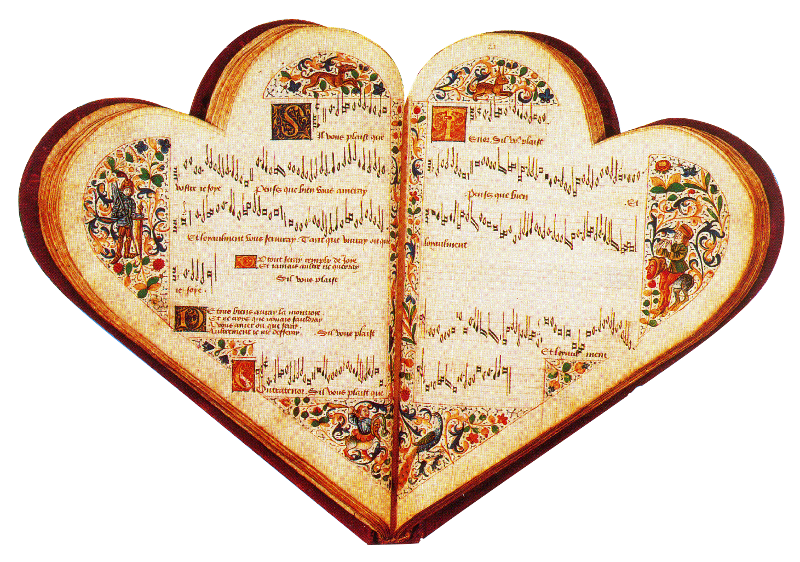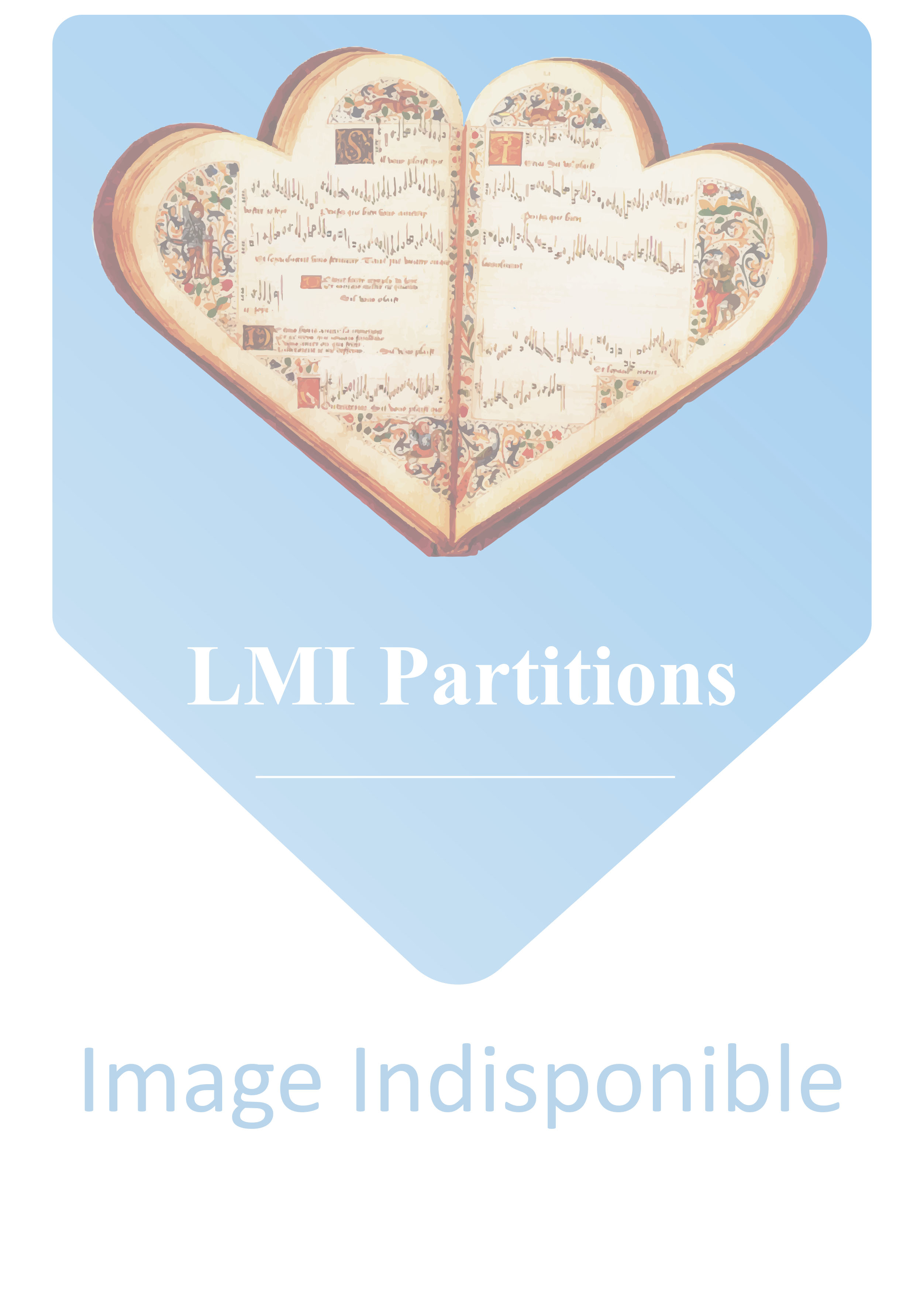Classique
Contenu
Aubade [Bliss, Arthur]
What Is It Like To Be Young And Fair? [Bax, Arnold]
Dance, Clarion Air [Tippett, Michael]
Silence And Music [Vaughan Williams, Ralph]
Spring, At This Hour [Berkeley, Lennox]
The Hills [Ireland, John]
Inheritance [Howells, Herbert]
White-Flowering Days [Finzi, Gerald]
Canzonet [Rawsthorne, Alan]
Salutation [Rubbra, Edmund]
Description :
Even for Ralph Vaughan Williams the prospect of two world premieres within 24 hours must have been something of a rarity. Such was the case however on the first two days of June 1953, when his now classic arrangement of The Old Hundredth Psalm was sung at the Coronation of Elizabeth II in Westminster Abbey, being preceded the evening before by the premiere of 'Silence and Music', fourth of ten partsongs of A Garland for the Queen, commissioned from leading British composers by the Arts Council of Great Britain to honour the new monarch. Long unavailable except as separate items from individual publishers, this historic collectionis now reissued complete by Stainer & Bell in its original single-volume format, allowing conductors and singers to choose from a rich collection of choral music with which to mark the Queen's Diamond Jubilee and, in 2013, the 60th anniversary of the Coronation itself. In addition to VW's contribution, A Garland for the Queen includes important settings by Bax, Berkeley, Bliss, Finzi, Howells, Ireland, Rawsthorne, Rubbra and Tippett. The collection moreover draws on the work of poets whose names likewise feature prominently in the annals of mid-century British literary talent: Clifford Bax, Edmund Blunden, Paul Dehn, Christopher Fry, Christopher Hassall, James Kirkup, Louis MacNeice, Walter de la Mare, Henry Reed and Ursula Wood. Intended as a counterpart to The Triumphs of Oriana of 1601, the celebrated madrigal volume published in praise of Elizabeth I by Thomas Morley, A Garland for the Queen emulates its distinguished predecessor in its variety of moods and vocal combinations. There is material here to fit every aspect of celebration, from the airy five-part ensemble of Bax's 'What is it like to be young and fair?', and the soprano solo with SATB of Rawsthorne's Canzonet, to the lustrous contrasting of male and female timbres in Bliss's Aubade, and the rapturous eight-part setting of



 Gagnez un bon d'achat dès 50€
Gagnez un bon d'achat dès 50€
 30 jours pour changer d'avis
30 jours pour changer d'avis





